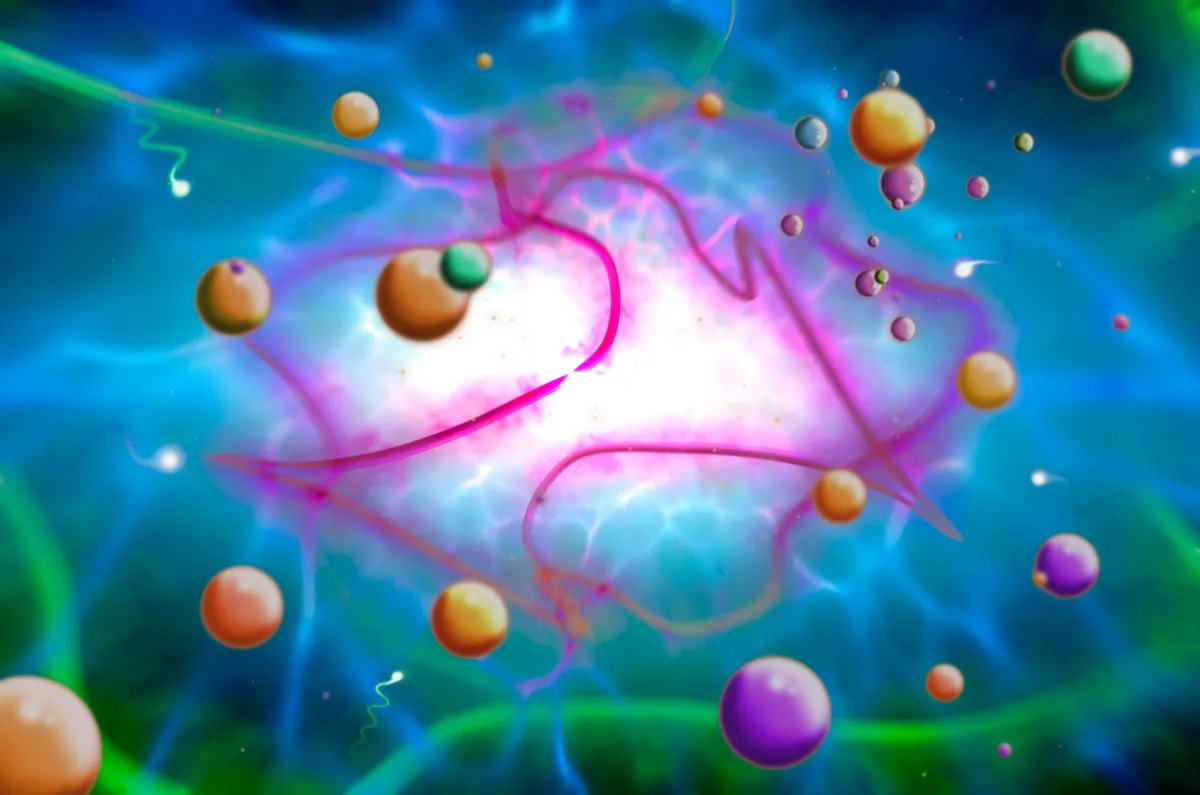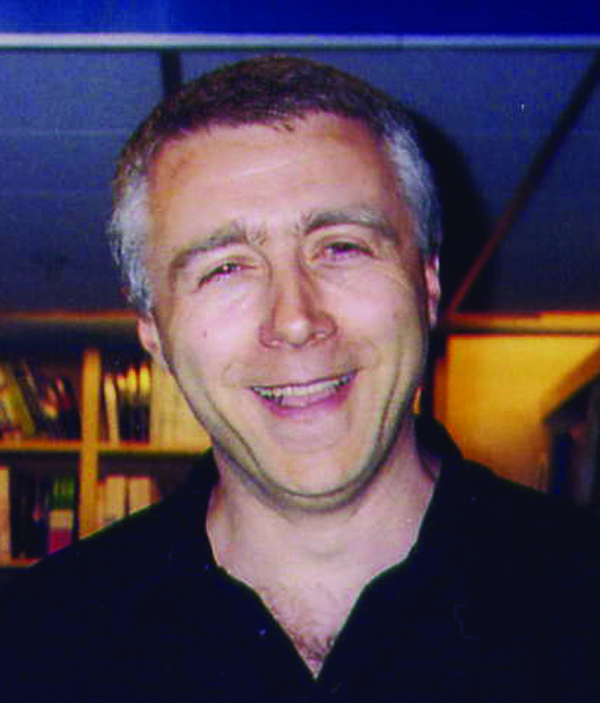A theory of everything would do several things. Currently, we know the Universe is glued together by four fundamental forces.
Thanks to Einstein, we have a theory of gravity, which views gravity as the curvature of space-time, and a ‘quantum’ theory of the other three fundamental forces (the electromagnetic, weak nuclear, and strong nuclear forces), which views them as arising from the exchange of force-carrying particles.
Physicists believe the quantum picture is more fundamental and so the first thing they’d like for their theory of everything is a theory of quantum gravity.
But this isn’t what all physicists want. Each of the three fundamental quantum forces is a consequence of a different underlying ‘symmetry’ and they’re stitched together into the patchwork theory of the ‘Standard Model’.
Physicists would like to show that all the forces, including gravity, are the consequences of a single symmetry principle. But this prejudice to have a ‘beautiful’ theory is a human desire and may not necessarily be respected by nature.
A theory of everything may exist, but it might be an ugly patchwork. Even if such a theory does exist – a neat set of equations that can be fitted on a stamp – it’ll be highly compact and abstract. And it may not tell us much that’s useful. It won’t be obvious, for instance, that the theory unlocks the mystery of consciousness.

Einstein’s theory of gravity is an elegant theory, but its consequences are hard to deduce. Similarly, it’s likely that the consequences of a theory of everything will be hard to deduce as well and take generations of effort by physicists.
Even if physicists find a theory of everything, they’ll be left with the question of why this set of mathematical equations rather than another?
The physicist Stephen Wolfram, who thinks the Universe is computer-generated, believes he has sidestepped this problem by claiming the Universe isn’t being created by a single computer program, but by all possible computer programs.
All of this is reminiscent of Gödel’s incompleteness theorem in mathematics. Back in 1930, the Austrian mathematician Kurt Gödel examined the claim that all the ‘theorems’ of mathematics could be deduced from a few assumptions, or ‘axioms’.
Think of the theorems as balloons floating above the ground of axioms, but tethered by logic. Gödel found that there would always be theorems that were true, but that couldn’t be deduced from the axioms – free-floating balloons – and therefore mathematics is incomplete.
Given that mathematics is the language of physics, it’s conceivable that physics is incomplete too and a theory of everything will turn out to be nothing more than a mirage.
Read more about the science of the Universe:
